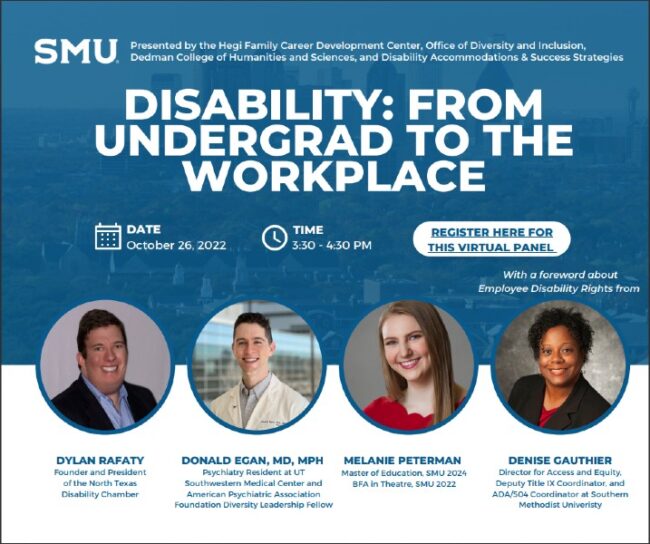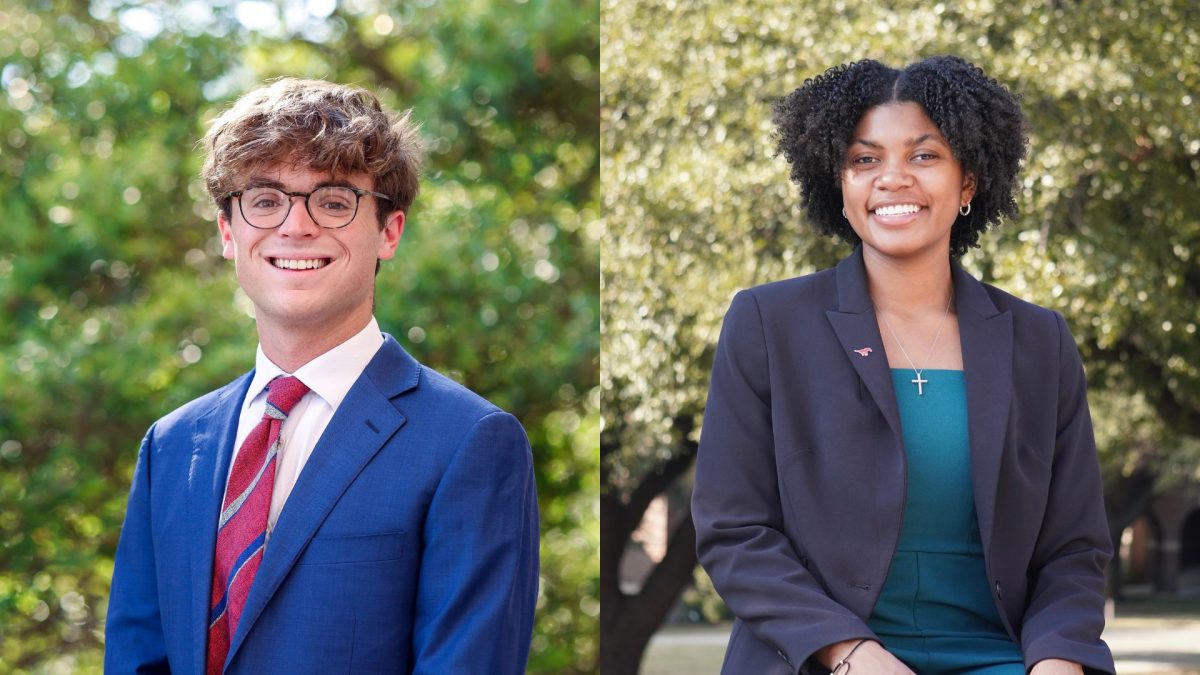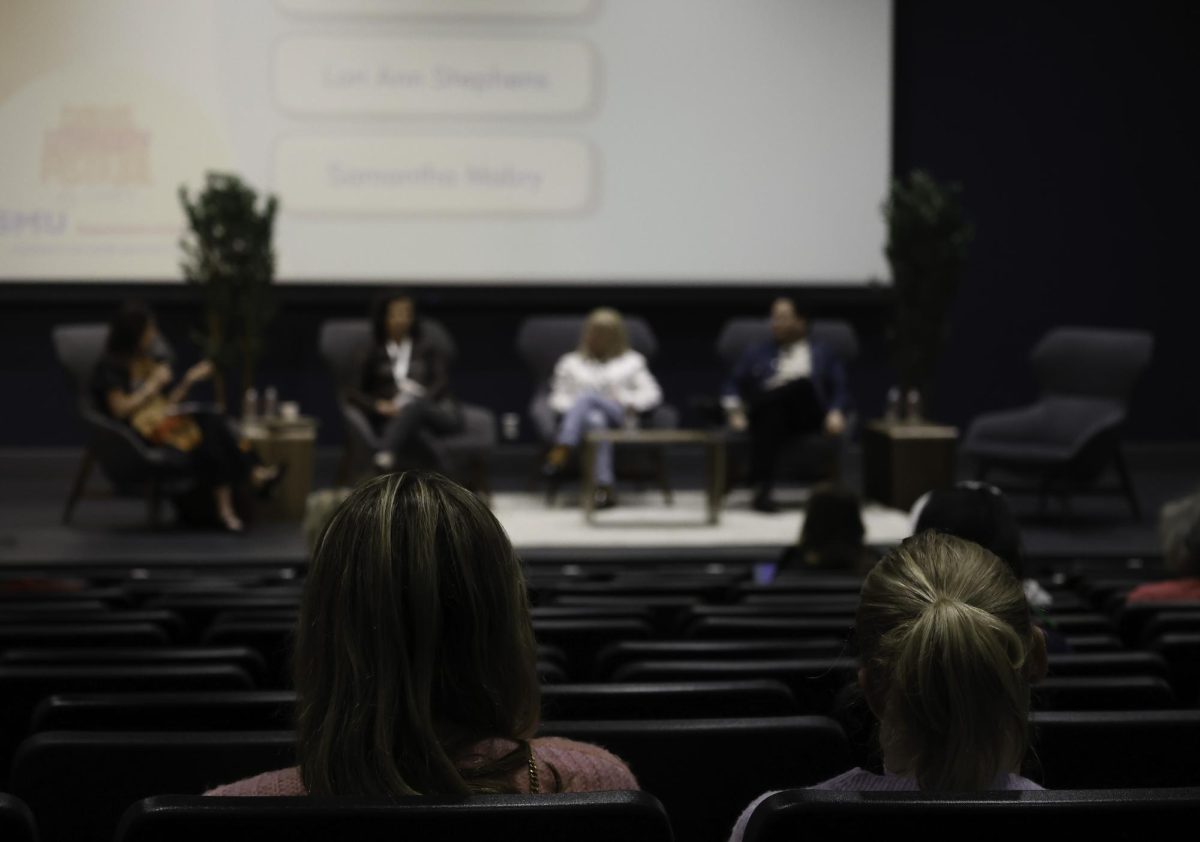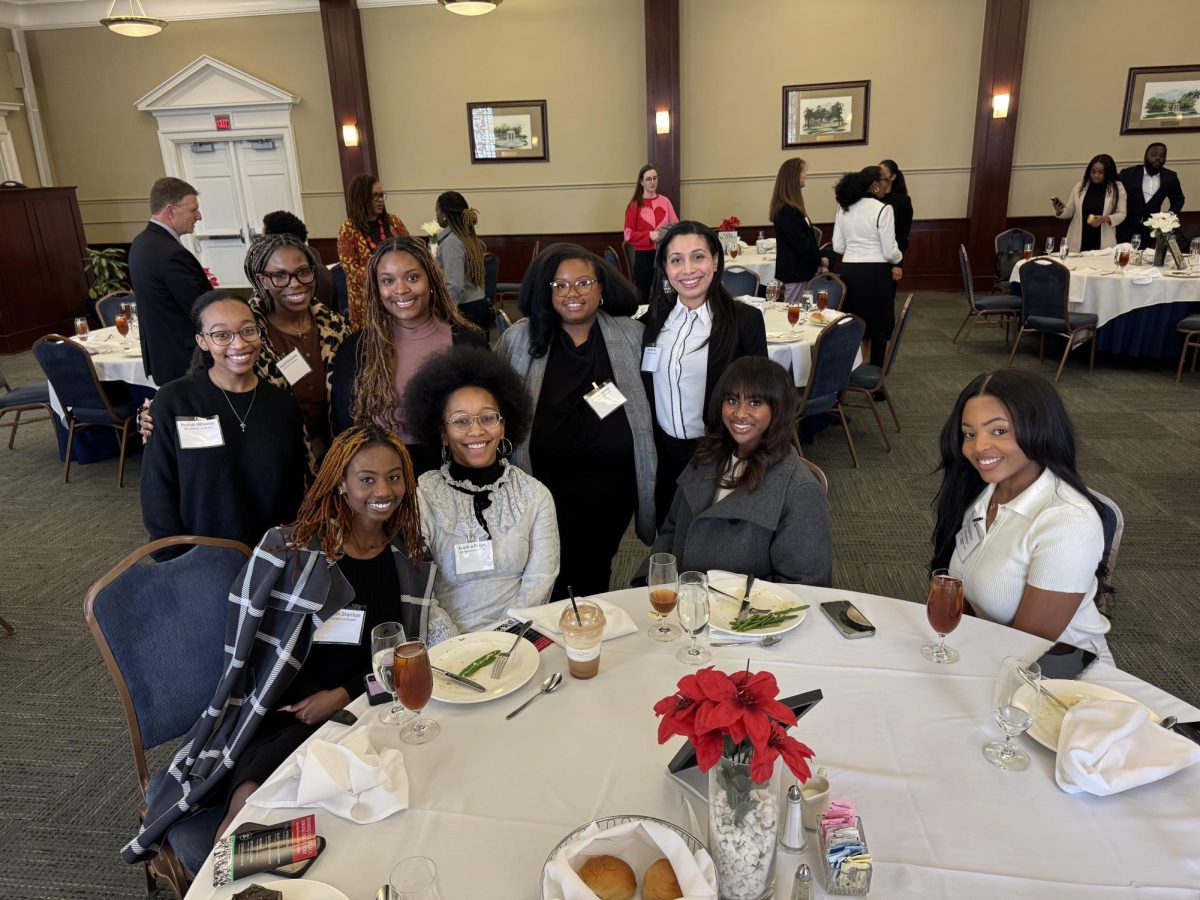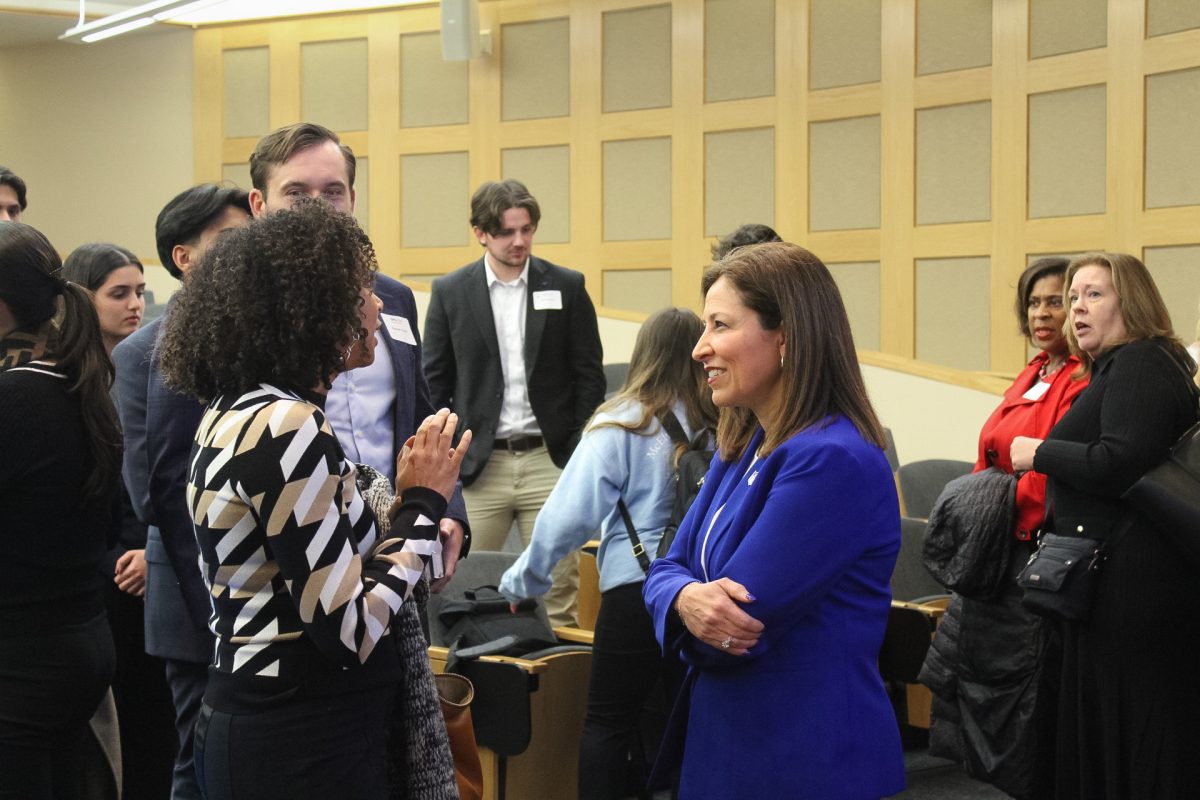Four individuals offered advice last Wednesday for student with disabilities looking to transition from college to the professional world on a Zoom panel. Each panelist emphasized the importance of advocacy in their presentations.
Arianna Gonzales, junior and President of SMU Disability Connections and Empowerment, moderated the discussion.
According to the CDC, 61 million adults have a disability in the United States.
“Due to the negative stigmas surrounding disability, many people feel a lot of shame growing up and they hide their experiences from others, which makes it even more difficult for them,” Peterman said.
Panelist Melanie Peterman, a first-year graduate student, is an intern and academic coach at the SMU Disability Office. She has two learning disabilities: a processing speed disorder and dyscalculia. Peterman navigates through high school and college with an invisible disability — disabilities that are not noticeable from outer perspectives that can be physical, mental, neurological or learning-based.
During high school, Peterman had a few teachers who didn’t believe her because they couldn’t see her disabilities. She had to fight to get accommodations.
“I think this is a significant reason why so many people with invisible disabilities do not speak up because we know that we that we may not be believed or that we might have opportunities taken away from us,” she said. “Learning to advocate for yourself can really help you.”
Self-advocacy takes practice and courage, but Peterman believes it’s possible and gets easier over time.
“There are just so many resources out there for neurodivergent people to enable us to succeed and thrive in this world today,” Peterman said. “Disabled is not a bad word, and it doesn’t need to be a taboo word.
Dr. Donald Egan, psychiatrist resident at the University of Texas Southwestern Medical Center, seeks for a desire to shift the idea of what a doctor or healthcare professional looks like through his experience with cerebral palsy.
“I do think that those of us with a disability can really thrive in medicine and can really be the health care provider that we maybe didn’t have when we were growing up and sort of looking for answers,” Egan said.
Although Egan had great doctors, his doctors could not relate to him on a personal level since he didn’t have a doctor that grew up with a disability, invisible or visible.
“A lot of the conversation I think was unbeknownst to them just focused a lot on what I couldn’t do versus what I could possibly do with some maneuvering, creativity and perseverance,” he said.
Egan says that there is a natural amount of empathy fostered in the shared experience for those growing up with a disability.
“We relate to overcoming challenges on a daily basis, figuring out how to do things a certain way that is easier for our disability, which lends itself to perseverance and creativity for problem solving.”
There has been a shift from a culture of accommodation to a culture of flexibility in the workplace since the pandemic, said Dylan Rafaty, entrepreneur with a SMU master’s degree in dispute resolution.
“Instead of asking for it [accommodations], it’s already a standard practice to be able to provide the necessary supports that is needed,” Rafaty said. “Be self-aware of what is available to you and do not be afraid to present the idea to the workplace.”
Rafaty encourages the audience to research the companies they are interested in working for and to make sure it’s a place that will them to go. Rafaty tells the audience to identify their purpose, use their “why” to create actionable goals and surround themselves with a team of people who will support them along the way.
The last panelist, Denise Gauthier, is the Director for Access and Equity, Deputy Title IX Coordinator and ADA/504 Coordinator at SMU. She provides a broad overview of employee disability rights and employer obligations.
In Gauthier’s position at SMU, she has encountered several employees who have unintentionally denied themselves their disability rights because of a reluctance to disclose their disability status.
“This reluctance typically stems from an assumption that their privacy won’t be protected, or that disclosure will result in some form of retaliation,” Gauthier said. “These are misconceptions, and these misconceptions prevent employees from gaining access to the assistance they might need. So, it is important for employees with disabilities to know their rights and employers’ obligations.”
Gauthier provides three key rights to remember for students that are transitioning into the workplace. Students should first speak with the HR department at their prospective employer to learn about the disability policy and process for requesting reasonable accommodation. They should remember that they have a right to privacy. Finally, if they have requested accommodations and believe that they have been inappropriately accommodated, they should file a complaint to their organization or, if necessary, with the Equal Employment Opportunity Commission.
This event was hosted by the Hegi Family Career and Development Center, the Office of Diversity and Inclusion, Dedman College of Humanities and Sciences, and Disability Accommodations & Success Strategies (DASS).
If you are interested in learning more about transitional and career resources available to students with disabilities, visit the SMU DASS resource page.



